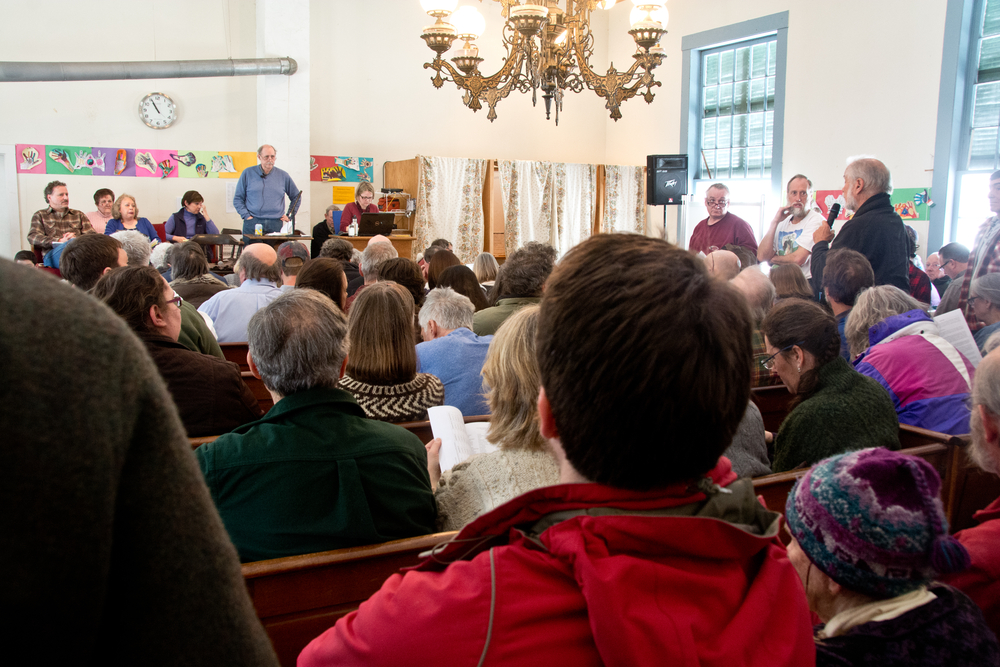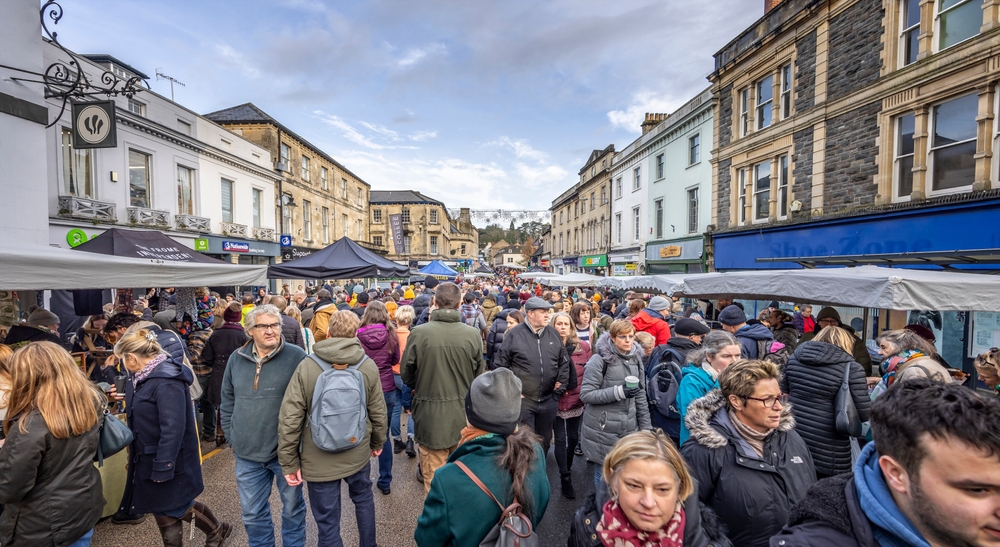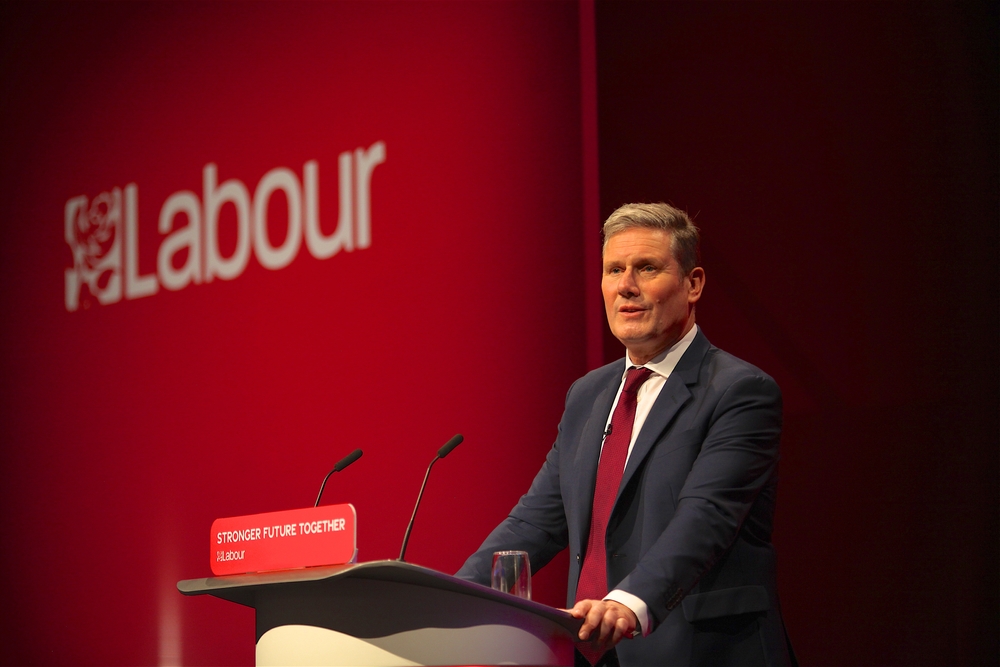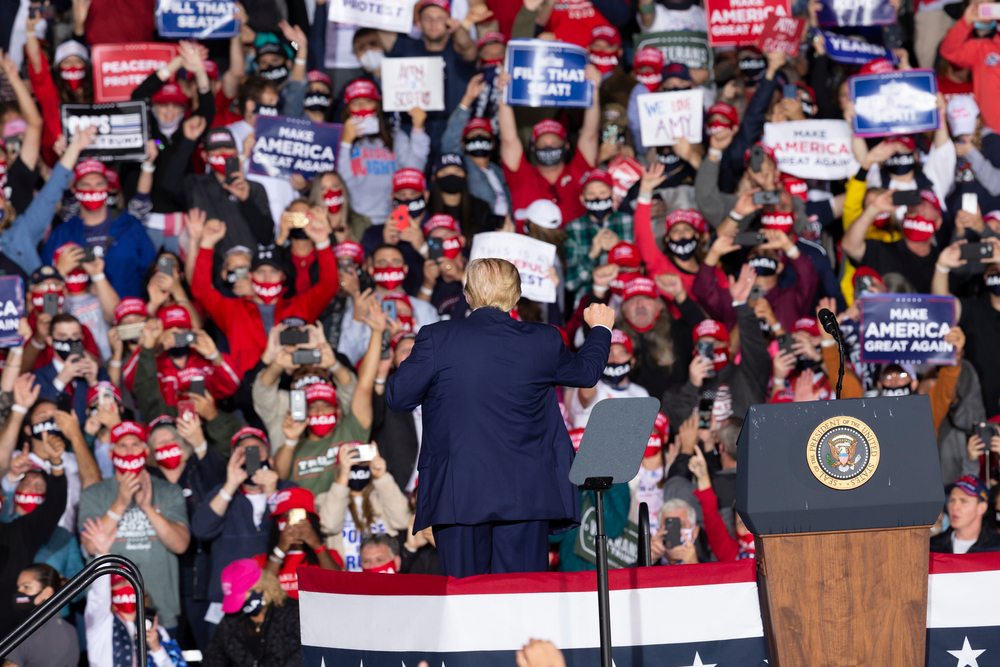In Somerset, just 13 miles south of Bath, you’ll find the unassuming town of Frome. With a population of just over 28,000, you’d be forgiven for regarding it as unremarkable. But Frome is remarkable, in that it’s become a veritable laboratory for all manner of radically democratic and decentralising political experiments – many of which offer glimpses into what an alternative politics throughout the UK, and beyond, could look like.
Since 2011, a political grouping called ‘Independents for Frome’ (IfF) has controlled the local council. It first won 10 of the 17 local council seats, later securing all of them in the 2015 election. Whilst the IfF isn’t the first ‘independent’ political grouping to dominate in local politics (indeed, similar groups exist in Yorkshire and London), it has proven to be one of the most successful. It’s story, then, provides an interesting case study for communalists and municipalists everywhere.
What is this new form of local politics and how did it begin?
A defining feature of the IfF’s approach is that it renounces adversarial party politics in favour of a more collaborative and consensus-driven style. British politics has historically and institutionally been characterised as antagonistic. The first-past-the-post electoral system favours the two main political parties – Conservative and Labour. The result is a two-party political system whereby the two parties essentially and routinely swap power with one another; evermore closely resembling each other, as they vie to secure a larger share of the vote.
Smaller parties have little to no chance of gaining national representation in the absence of a more representative electoral system, such as proportional representation. Indeed, the very nature of the House of Commons is deeply adversarial, with the governing party seated on one side facing the opposition on the other. Sat in the middle of the chamber is the Speaker of the House, who acts like a boxing referee officiating a back and forth verbal fight between the red and blue corners.
IfF began when a number of local residents had become increasingly disillusioned by the petty party politics and bureaucratic protocols which had impeded any effective local government. The chief architect behind the group, Peter MacFayden, had approached the then ruling Liberal Democrat run-council, and asked them for details concerning their green policies. They responded limply with ‘the park’. Other locals had likewise become frustrated by the council’s lack of vision, policies, and initiative. Together they held a meeting in a room above a pub in the centre of Frome, jointly deciding to collectively contest the council’s seats at the next local election.
The group welcomed diversity of opinion and accepted that disagreement was unavoidable. As independents, there are no party manifestos or pledges over which to bicker and squabble. The group laid out rules and behaviours to abide by, such as to always listen, to be open-minded, and to not engage in vendetta politics if a vote is lost. Instead of being united and motivated (and thus distracted) by a party, they are united and motivated by the simple, revolutionary desire to improve Frome, and to serve the community.
Politics against statecraft
The group also set about reducing the stifling and alienating formality of council meetings in an effort to engage with the community. Local people were invited to meetings which didn’t have rigidly set agendas. Councillors were no longer sat in a row dressed in suits with members of the public unable to directly engage with them. Such an approach resembles Murray Bookchin’s conception of ‘politics’, a separate and distinct force to ‘statecraft’ – the former being people-centric, the latter being the preserve of a ‘professionalised’ political class, detached and disinterested in their constituents.
The Covid-19 pandemic presented an opportunity for the council to demonstrate how its ideas might be practised during a social and public health crisis. Many locals had felt the Government was absent during the pandemic, particularly during the early days. Frome Council immediately overhauled a venue in the centre of the town, previously used for indoor markets and concerts, turning it into a food depot. Signs were put up around the town encouraging people to check in on their neighbours.
Much like what happened throughout the country, a real community spirit developed. In Frome, cyclists delivered food and medical prescriptions to those in need. The group have also expanded the council’s green commitment far beyond the local park, and the town more than ever projects itself as an increasingly independent municipality with flourishing and sustainable independent shops. This identity has bolstered community feeling even further.
In Buckfastleigh, Devon – where these ideas have also seen success – the local independent-run council was only given £500 by the Devon county council for Covid relief work. The council had nevertheless managed to dedicate £20,000 into an aid programme which distributed food and provided activity books for children. Both councils have been eager to maintain this level of direct action beyond Covid-19.
A Work in Progress
Though what has happened in Frome is certainly a move in the right direction, it is still a work in progress. Whilst the councillors may have removed the pitfalls associated with party politics and attempted to reduce the alienating formalities of traditional council business, local politics in Frome is still a far cry away from true democracy. Ultimately, it is still a ‘representative democracy’, with elected councillors who act as decision-makers on behalf of the community. In a true democracy, citizens would be the decision-makers, with direct participation and responsibility in policy formation and implementation. As it stands, that power and responsibility is vested in 17 individuals, in a town of over 28,000 people. Moreover, that power is still incredibly limited. Westminster has not yet decentralised meaningful authority and power at a local level; and there’s no reason to believe that they will, without sufficient pressure being applied.
Therefore, it is important that the Frome case study isn’t taken as a finished project or as a satisfactory political arrangement. More must be demanded from Westminster. Frome certainly shows how focused, impactful, and informed policy can be when it is starts locally and not nationally.
Oddly, Frome could also learn a lesson from the Labour-run Barking and Dagenham Council, which has begun working with social and voluntary organisations. These organisations have engaged in projects which have had a tangible impact on reducing childcare costs, improving early year provision, and have provided a vast range of cultural activities for locals – such as computing workshops, knitting sessions, football and singing sessions, and much more. Although still in its very early stages, this collaboration has the potential to reduce pressure on social services due to the improvements they’re producing in peoples’ lives. Engaging with social movements outside the political sphere is an important aspect of communalism, which many councils could benefit from.
Overall, the Frome experience has shown what can be achieved when disgruntled citizens get together and collectivise and mobilise on their frustration. Their community-focused platform was overwhelmingly supported by locals, resulting in the expulsion of the Liberal Democrats, the Conservatives, and UKIP from the town council. Success elsewhere indicates an appetite for this approach and style more broadly.
Lessons for Communalists

Democracy necessitates the direct, mass-participation of the people.
For communalists and municipalists, the lessons that can be taken from Frome’s experience are far-reaching…
1) Feelings of powerlessness and dejection are the status-quos safety valves. It’s evident that ‘ordinary’ people, even when lacking a unifying programme or organisational experience, can make a difference. Meetings in pubs and cafes can, and often have, acted as the embryos of revolution.
2) Party politics i.e. statecraft is killing the nation’s communities, turning neighbours against one and other over tribal loyalties or ‘culture war’ issues wholly detached from their lived-in experiences. A politics that seeks to address the material needs of a community can often overcome the gulf represented by the left-right dichotomy.
3) Whilst the IfF’s approach is insufficient, it acts as a reminder to focus on what can be done. As communalists, we recognise the need for a municipalised economy in which a community’s capital is thoroughly democratised and publicly-owned. We also understand the need for delegates, as opposed to representatives. But the fight must begin somewhere, and capturing a local council, and earning a community’s trust and participation, is both an achievable and fine starting point.
Post-covid, an historic opportunity for a new form of politics has presented itself. It’s a true politics, that seeks to establish a rational, egalitarian society – predicated on the mobilisation of communities at the level of the municipality. Communalists need to be at the forefront of this tendency – they will get there through organisation and experience. A fitting slogan for such work might be ‘drive out the parties, establish democracy!’.





